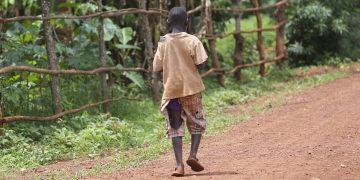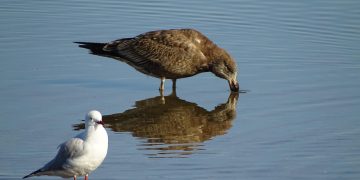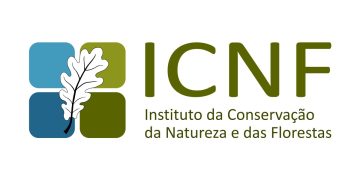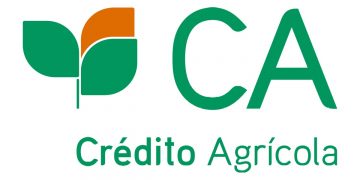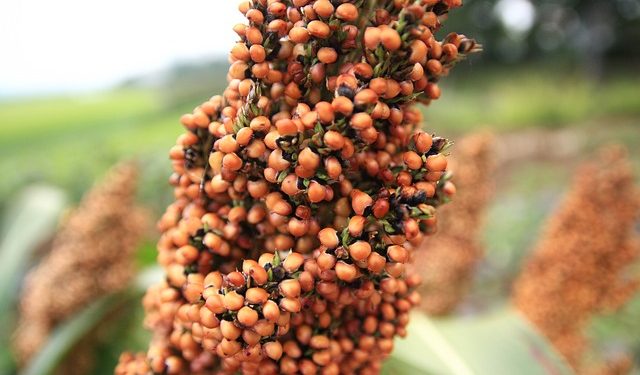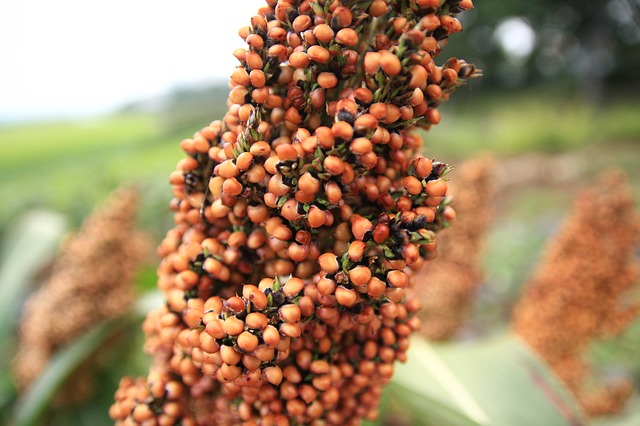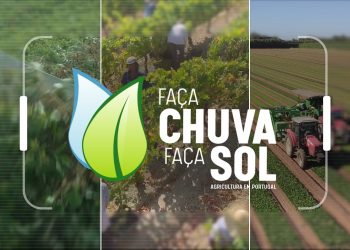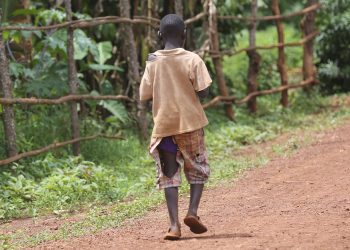As Africa forges ahead with genome editing to boost agricultural production, a leading scientist has assured that products of this technology will be widely available and affordable to farmers.
Some opponents of the technology have claimed that gene-edited seeds will be too costly for smallholder farmers to buy. But they will be priced the same as conventional crops because they are being developed by African public research institutes, not global corporations, said Dr. Leena Tripathi, principal scientist in plant biotechnology at the International Institute of Tropical Agriculture (IITA).
“From the research we are doing, any crops that we develop will be availed to the farmers at no additional cost. For example, if the farmers have been paying 100 Kenya shillings for conventional banana suckers, they will pay the same for the gene edited banana sucker. Farmers will not pay anything extra for the gene-edited varieties,” Tripathi said.
She explained that gene-edited crop varieties will be widely available to the farmers, and the farmers will be permitted to share the seed material among themselves.
“We are not going to regulate such things,” she said.
Tripathi spoke during a webinar recently convened by the Alliance for Science to assess Kenya’s readiness for genome editing technology and products. Fellow panellists included scientist Professor Steven Runo, an associate professor at Kenyatta University in Nairobi who has been applying gene editing to combat the striga weed in sorghum, and Josphat Muchiri, deputy director technical services at Kenya National Biosafety Authority (NBA).
Africa is moving very fast with gene editing technology, Tripathi said, highlighting some of the gene editing projects currently underway in the continent.
“A lot of projects are ongoing within Africa, and some of the products are in the pipeline. An example is striga-resistant sorghum in Kenya, that is now ready for field trial. There is also maize that has been developed for resistance to maize lethal necrosis disease, which is another ongoing project in Kenya. Others include the banana project, which I am working on, a wheat project in Egypt in northern Africa and a cassava project which is being conducted in several countries in the continent,” Tripathi said.
A comprehensive list of genome editing projects in the continent was published by the International Service for the Acquisition of Agri-biotech Applications (ISAAA).
Tripathi added that genome editing has been further bolstered by a series of regulatory frameworks that have demonstrated the growing confidence in the technology among African nations. Nigeria pioneered the release of genome editing regulations in the continent in February 2022, with Kenya following suit in March of the same year.
“There are several other countries in Africa which are currently under discussion to also develop the guidelines for gene editing,” she said.
Muchiri exuded confidence in the future of the technology and assured of the safety of gene edited products.
“When we’re looking at genome editing, it gives a lot of confidence to both the consumers and policy makers. From where we sit as regulators, we will continue providing facilitative regulatory frameworks because, as the technology advances, we also need to assure the public that the products that are being churned out of those processes are safe for human consumption. That is a space we will continue guarding, even as the science goes forward.”
The technology is being undertaken within the continent largely by African scientists to provide solutions to Africa. African researchers are using CRISPR gene editing technology to protect staple crops against diseases that affect production and livelihood for millions of farmers in the continent.
“If the scientists in Africa don’t work on those crops then who is going to work on them?” Tripathi posed.
Echoing her remarks, Runo noted that while the exact costs of products from his striga control project are yet to be determined, gene editing programs are being undertaken on a non-profit making basis, and this will ultimately inform the eventual prices.
The importance of affordable, high-quality seed cannot be minimized, particularly in many parts of Africa where farming is largely smallholder-driven and beset with resource constraints. A report titled “The African Seed Company Toolbox: 52 Tools Every Seed Company Manager Should Know How to Use” stresses the need for reliable supplies of good quality seed as a condition for Sub-Saharan Africa to improve its food productivity. The report noted that in some areas, farmers do not plant improved seed because they do not understand its benefits while in other cases, many farmers do not use improved seed because they doubt that there will be a consistent supply available at planting time.
By Joseph Maina
O artigo foi publicado originalmente em Cornell Alliance for Science.

